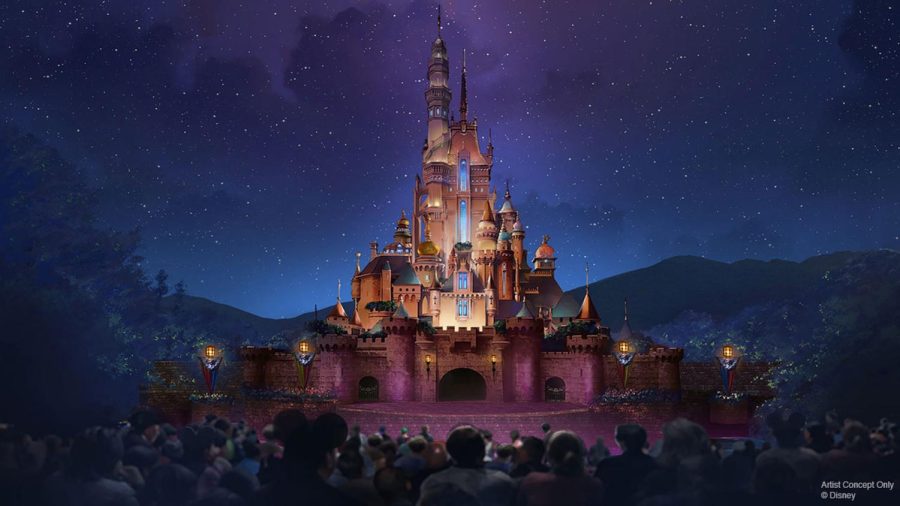When considering remakes, live actions, and spin offs, the first thing that comes to mind might be Disney. Undeniably the popularity of remakes and live actions in recent years extends further than just movies.
Yet, why do movies generally get more negative attention? Could it be a lack of creativity on the part of big companies?
Comics consist most of the time of rebooting a new story with the same characters and a very similar plot; every single “what if” has its own universe and separate comic; like a tall tree with never ending branches. This also transcribes to movies, as we have Spider man Toby, The Amazing Andrew, Spiderman Tom, Spiderman Miles, and Spider Gwen, just to name a few and leaving out the many cartoon adaptations which follow different plots with the same characters and the same names. All successful and all extending to different age groups, but with the exact same plot.
The same can be said for the characters in the DC universe, their most popular tragic hero, Batman. In the case of these multiverse comics, the idea could be that of seeing the story as the before mentioned tree; and each branch being a different path within another path—all of which become movies, cartoons or another comic. Yet, the comic versions of these stories have a different fandom than those who watch and follow movies or cartoons.
It is a similar case with anime, where manga readers refuse the animated adaptation because of the lack of authenticity in comparison to the original story seen in black and white. Yet, the animated product becomes good enough to attract a new audience that may choose to disregard the first version of the story. Why? Not everyone reads.
Comics, manga, books. How many times have you heard “The book is so much better than the movie!”?
However, whether the actual product is good or not isn’t always relevant to how the audience will react to these projects. This is due to the element of nostalgia that original versions bring even if they are terrible or considered unsensitive today (Peter Pan, Fantasia, Pocahontas, etc.). It may come from fear of change, fear of the new or jumping on the bandwagon; because there are individuals who like to contribute to meme making to trash movies while having not the least interest in watching the actual movies.
An example would be Mulan 2020. Premiering in the midst of the pandemic and being just an “OK” movie, the live action version of Mulan came out exclusively on Disney’s streaming platform, Disney Plus. This movie could be unlocked by paying an additional 50 dollars which did not sit right with many. At the time it became a challenge to see who could stream and watch the movie pirate while having no particular interest in the actual movie.
While some live actions work, others simply fall short.
The live actions for movies such as The Lion King and Lady and The Tramp are bizarre. In this case, being animated allows for the animals in these films to have more humanistic expressions—which is odd as it is, but the movies are written and produced in a way that viewers can understand and relate to the characters given how human-like they are. This does not translate to live action because it is physically impossible for animals to convey the humanistic emotions that hand-drawn films allow; animated style and the color schemes used in the hand-drawn movies allowed artists to create a universe where a lion cub singing on top of an elephant seemed natural. Instead, when made realistic, it feels more like a very strange documentary on the discovery channel.
The element of nostalgia will always win.
Remakes of movies that had been previously criticized for misrepresentations such as Aladdin and Mulan were received only so-so, as have many of these films because some believe that the “magic” given by the animation gets lost in between. However, at the time the animated movie of Aladdin was released in 1992 by Disney, it was accused of being damaging, racist and stereotypical with severe inaccuracy to the Arab-Islamic culture that was said to inspire the film’s settings. As Disney fixed some of these issues with the 2019 live action, these changes went unnoticed as, ironically, the main issue for people with these movies seems to be the mere fact that they are remakes: disregarding the insensitivity and damaging sides of the original films.
Should these changes be ignored? Or should companies spend more time coming up with new projects rather than redoing the same stories?
Shakespeare, The Grimm Brothers, Alice’s Adventures in Wonderland, Marilyn Monroe’s “Diamonds are a girl’s best friends”–all are constantly referenced or inspiring, books, fashion and music. These are concepts and ideas that people are familiar with and understand without trouble.
So, are remakes damaging? No; they are neither necessary nor not necessary. For younger generations this might be their first time being introduced to these stories, remakes exist because each generation is different.
Bottom line is–don’t like, don’t watch. It will be different, it will be changed, and it will be new for better or worse.




